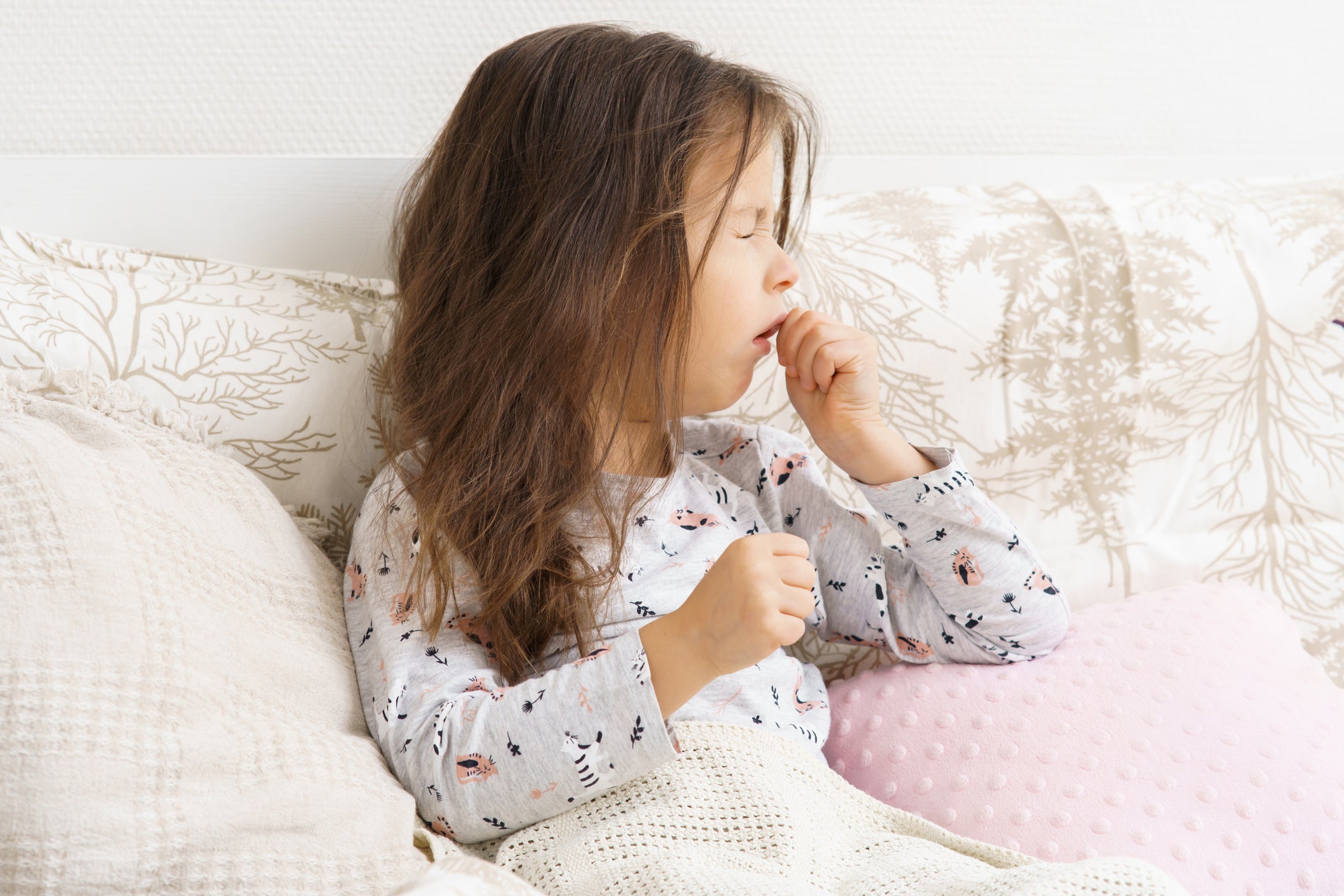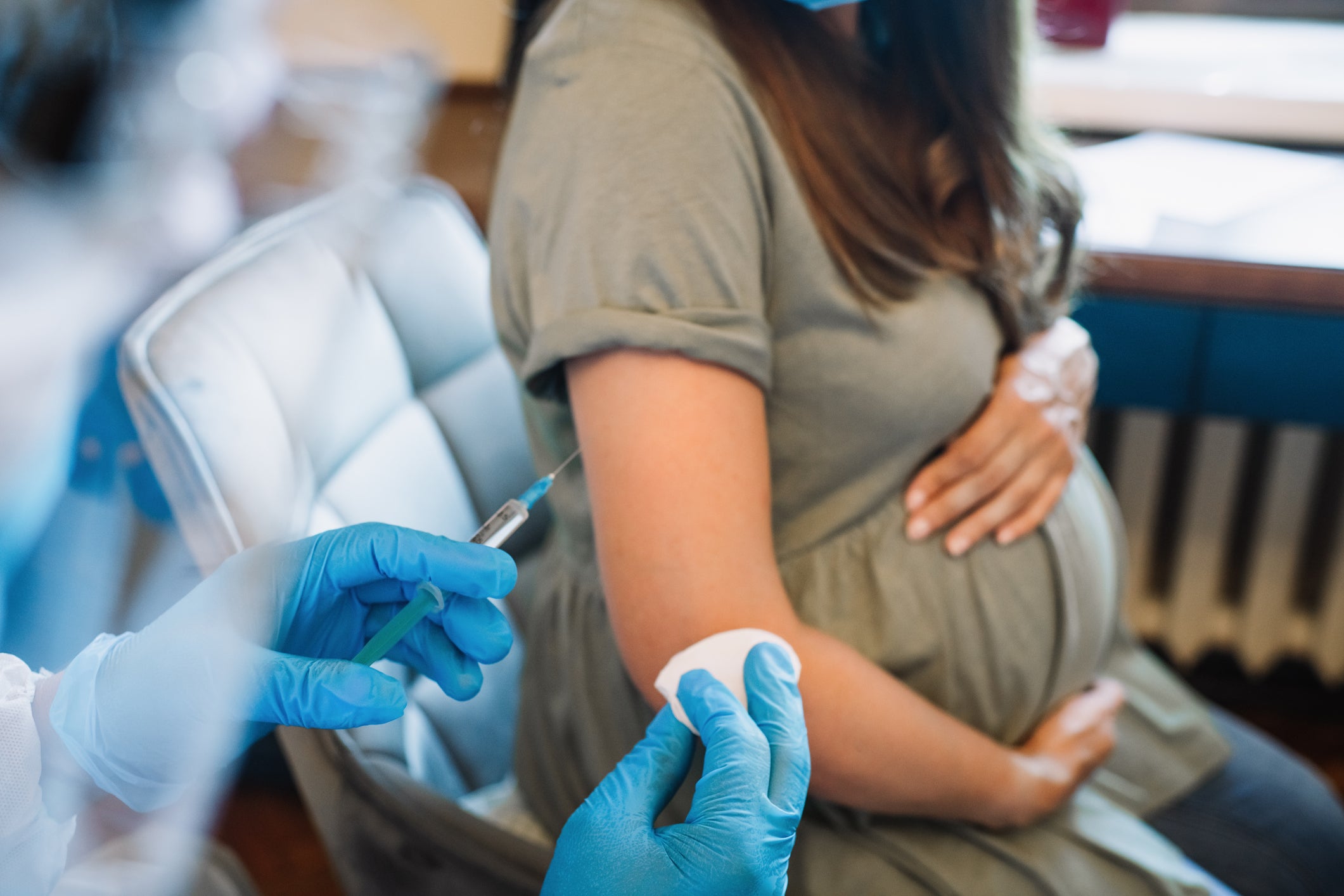Five babies die of whooping cough as cases rise across UK
More than 2,700 cases of whooping cough have been reported across England so far in 2024
Your support helps us to tell the story
From reproductive rights to climate change to Big Tech, The Independent is on the ground when the story is developing. Whether it's investigating the financials of Elon Musk's pro-Trump PAC or producing our latest documentary, 'The A Word', which shines a light on the American women fighting for reproductive rights, we know how important it is to parse out the facts from the messaging.
At such a critical moment in US history, we need reporters on the ground. Your donation allows us to keep sending journalists to speak to both sides of the story.
The Independent is trusted by Americans across the entire political spectrum. And unlike many other quality news outlets, we choose not to lock Americans out of our reporting and analysis with paywalls. We believe quality journalism should be available to everyone, paid for by those who can afford it.
Your support makes all the difference.Five infants have died of whooping cough in the UK so far this year as cases of the illness continue to rise.
More than 2,700 whooping cough cases have been reported across England so far in 2024 – more than three times the amount recorded in the whole of last year.
New UK Health Security Agency (UKHSA) figures show there were 2,793 cases reported to the end of March. This is compared with the 858 cases for the whole of 2023.
The UKHSA said that between January and the end of March, there have been five deaths among infants, who are most at risk from severe complications from the illness.
While most cases (50.8 per cent, 1,420) recorded between January and March were in those aged 15 years or older who usually get a mild illness, the rates of whooping cough remain highest in babies under three months of age.
Whooping cough cases have been rising across England, as well as in many other countries, since December 2023 due to a combination of factors.

Whooping cough is a cyclical disease that peaks every three to five years, with the last cyclical increase occurring in 2016.
However, in common with other diseases, cases fell to very low numbers during the pandemic due to restrictions and public behaviours and a “peak year is therefore overdue”.
The impact of the Covid pandemic also means there is reduced immunity in the population.
Whooping cough, clinically known as pertussis, is a bacterial infection that affects the lungs.
The first signs of infection are similar to a cold, such as a runny nose and sore throat, but after about a week, the infection can develop into coughing bouts that last for a few minutes and are typically worse at night.
Young babies may also make a distinctive “whoop” or have difficulty breathing after a bout of coughing, though not all babies make this noise which means whooping cough can be hard to recognise.

Those who think they may have come into contact with the disease are advised to stay home and not go to work or school until 48 hours after starting antibiotics.
The UKHSA said updated estimates of vaccine effectiveness in pregnancy showed high levels of protection (92 per cent) against infant death.
But uptake of vaccinations that protect against whooping cough has fallen in recent years across the country – in both the programme for pregnant women and the infant programme.
Timely vaccination in pregnancy and in infancy are both important to protect vulnerable young babies from serious disease and women who are expecting a baby are urged to get the jab.
“Whooping cough can affect people of all ages but for very young babies it can be extremely serious,” Dr Gayatri Amirthalingam, UKHSA consultant epidemiologist, said.
“Our thoughts and condolences are with those families who have so tragically lost their baby.”
Professor Sir Stephen Powis, NHS national medical director, said it was “vital” that families came forward to get the protection they need.
Dr Michael Head, senior research fellow in global health, University of Southampton, said the drop in vaccination rates for whooping cough - infectious as measles and Covid - was likely linked to the increase in cases and deaths.
“It’s vital that vulnerable groups such as babies and pregnant women are up to date with their recommended immunisations, and that includes the pertussis vaccine,” he added.
Steve Brine MP, chair of the Health and Social Care Committee, said it was a “tragedy” that five children had died from whooping cough.
He said the figures from the UKHSA highlighted the need for “rapid action” to prevent a further fall in uptake of the vaccine.
“In our work on this subject, my committee urged the government to heed the lessons of the Covid-19 vaccine rollout making the most of the wide range of healthcare professionals who could deliver vaccines in easy to reach places,” he said.
“Specifically, to give medical and nursing students and recently retired staff a greater role to help boost declining rates, a call ministers rejected.
“In the light of today’s sad news, I urge the government to rethink its approach and follow steps we have outlined to boost vaccination uptake across the country.”
A Department of Health and Social Care spokesperson said: “Our sympathies are with the families of the children in these tragic cases.
“We are committed to improving vaccination uptake rates to fully protect the public from preventable diseases and are urging people to make sure they and their children have received all appropriate jabs. The vaccine is proven to be safe and effective.
“The UK Health Security Agency and NHS England have also been engaging local communities to highlight the importance of vaccination and make sure people know how to access the jabs as quickly as possible.”

Join our commenting forum
Join thought-provoking conversations, follow other Independent readers and see their replies
Comments